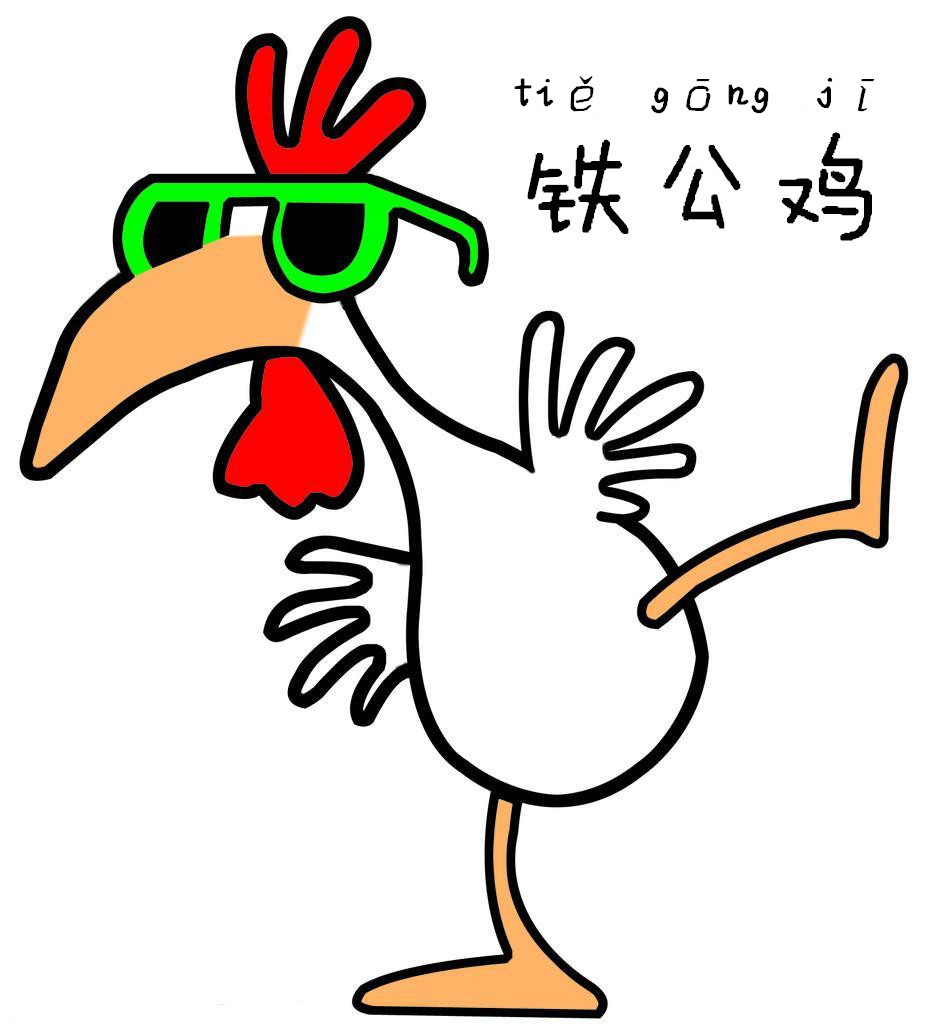
The term “铁公鸡(tiěgōngjī)” comes from the Chinese idiom “铁公鸡,一毛不拔(tiěgōngjī, yìmáo bùbá) You can’t pluck a feather from an iron rooster.”
Here, “铁(tiě)” means “iron” and “公鸡(gōngjī)” means “rooster,” but what the term “铁公鸡(tiěgōngjī)” is really used to refer to is a mean, stingy person who won’t spare a cent.
Tā shì gè tiěgōngjī, xiǎngyào tā qǐng wǒmen chīfàn, méiménr!
她是个铁公鸡, 想要她请我们吃饭, 没门儿!
She is such an iron rooster. You want her to invite us to dinner? No way!
Tā yǐqián hěn dàfāng, dànshì xiànzài yuè lái yuè xiǎoqì, jiùshì gè tiěgōngjī.
他以前很大方,但是现在越来越小气,就是个铁公鸡。
He used to be very generous but now he’s getting stingier and stingier. He is such an iron rooster.
There are also some other Chinese expressions with similar meanings, such as “小气鬼(xiǎoqìguǐ) tightwad,” “吝啬鬼(lìnsèguǐ) miser,” and “守财奴(shǒucáinú) penny pincher.”
Zhāng Chéng shì gè xiǎoqìguǐ,cónglái bù qǐng péngyou chīfàn.
张成 是个小气鬼,从来不请朋友吃饭。
Zhang Cheng is a tightwad. He never invites his friends to dinner.
Tā bǎ qián quánbù cún qǐlái, yìdiǎn yě bùshěde huā, shìgè chūlemíng de lìnsèguǐ.
他把钱全部存起来,一点也不舍得花,是个出了名的吝啬鬼。
He saves all his money and won’t spend any of it. He is known to be miser.
Tā jià gěi le yígè shǒucáinú, zàiyě bùnéng xiàng cóngqián yíyàng mǎi gāodàngde huàzhuāngpǐn le.
她嫁给了一个守财奴,再也不能像从前一样买高档的化妆品了。
She married a penny pincher, so she can no longer buy high-end cosmetics like before.
As you now know, the term “铁公鸡(tiěgōngjī)” includes the name of an animal. Besides this, there are many other expressions which use animals to describe certain personalities. How many can you think of? Let us know!

1. What do you mean when you say someone is a “铁公鸡(tiěgōngjī)”?
A. He/she is tough and fearless.
B. He/she likes to get up early in the mornings.
C. He/she won’t spend money on things.
2. Which expression does not have a similar meaning to “铁公鸡(tiěgōngjī)”?
A. “受气包(shòuqìbāo)”
B. “吝啬鬼(lìnsèguǐ)”
C. “守财奴(shǒucáinú)”
Chinese Popular Words (Fun Stuff)
HSK Test
General Chinese (Beginner Level)
General Chinese (Intermediate Level)



